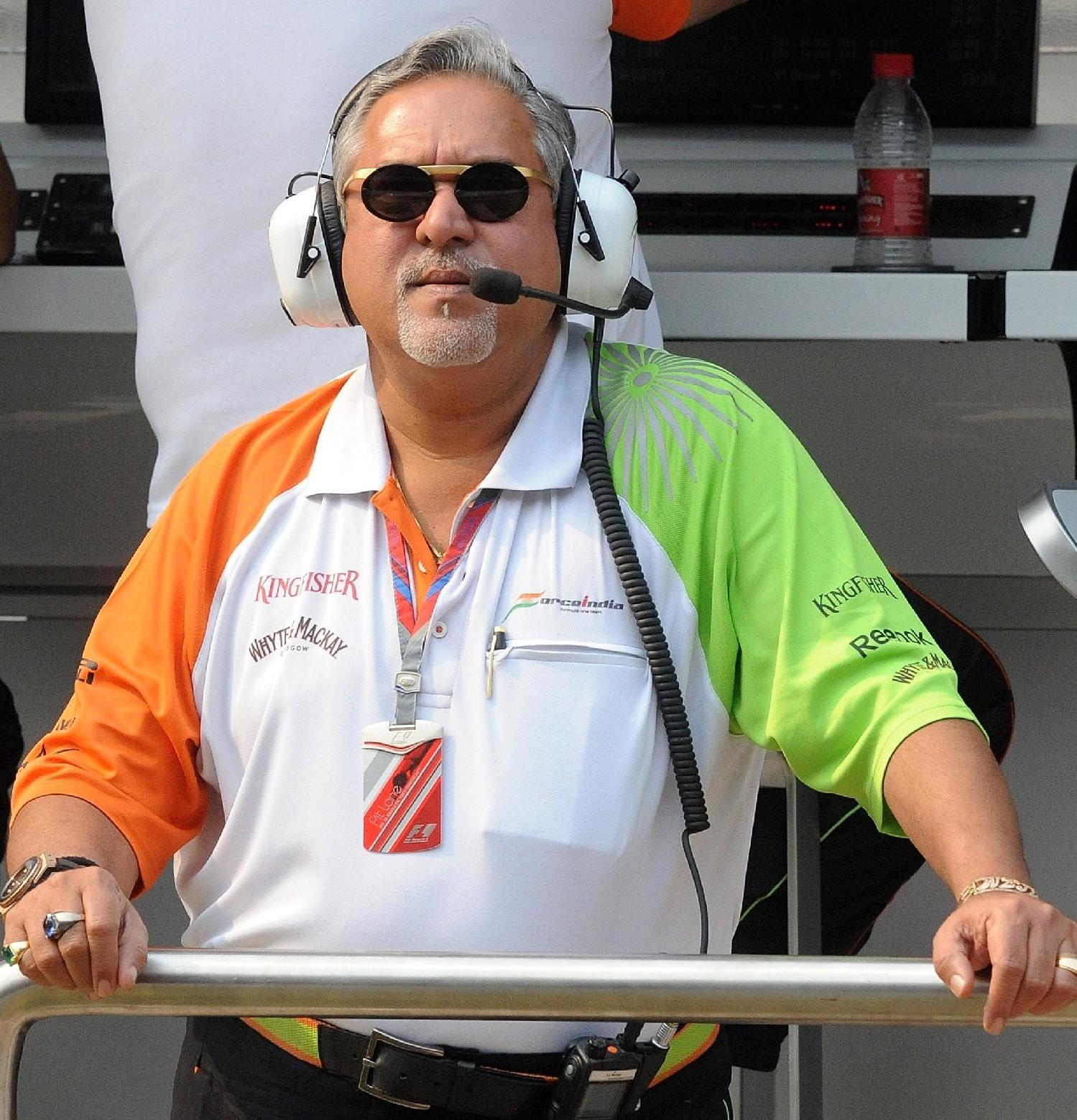Crash of India’s jet-set tycoons reveals regulation woes, experts say
They were famed for their jet-set lifestyles and the names of their companies were emblazoned on airplanes, Formula One cars and the shirtfronts of cricket teams. But now the debt-laden empires of three of India’s best-known tycoons – Vijay Mallya, Subrata Roy and T. Venkattram Reddy – are crumbling before their eyes, downfalls that observers say stem from a climate of weak banking regulation and deference to conspicuous wealth. Business author Tamal Bandyopadhyay said a weak regulatory framework enabled tycoons to build up debts that should never have been allowed. Mallya – the self-styled “King of Good Times” – was the chief executive of United Breweries Group when he invested in an airline, and Formula One and a cricket teams. Now, with debts said to be in excess of $60 million, the United Bank of India this month declared him a “wilful defaulter”.
Mallya is a case of over-stretching and over-leveraging, while Roy is the case of exploiting regulatory arbitrage or the loopholes in regulation.
Tamal Bandyopadhyay, Indian business writer
Reddy and his brother T. Vinayak Ravi Reddy inherited the ownership of the Deccan Chronicle from their father. The Hyderabad newspaper’s prestige enabled them to draw loans for riskier ventures including a chain of bookstores and a chartered jet company. The Reddys are struggling to keep the wolf from the door and lenders have already seized several of their properties. Roy is trying to sell his portfolio of luxury hotels – including New York’s Plaza Hotel and the Grosvenor House in London – to raise the $1.6 billion he needs to secure bail from Delhi’s Tihar Prison. Vishwas Utagi, a veteran campaigner for banking regulation, said banks were “dazzled by the halo of personal fortunes”. There are too many “pliable people” in the industry, he added, who face little comeback if money they lend is not repaid.

Business India business